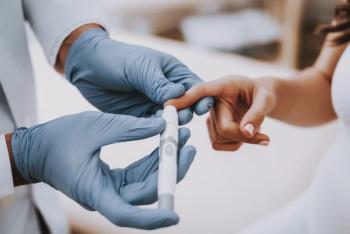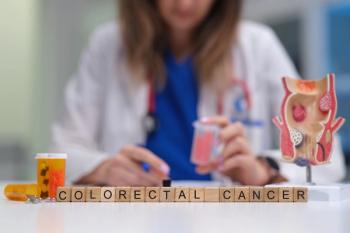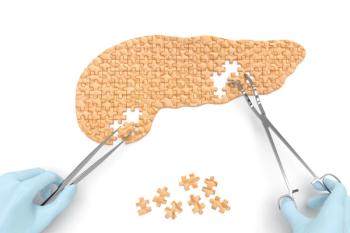
Study Investigates Link Between Chemotherapy-Related Weight Gain and Gut Bacteria
Gut bacteria may be partially responsible for metabolic changes that lead to weight gain following chemotherapy treatment, according to a recent study.
Approximately 30% of patients with breast cancer who receive chemotherapy treatment gain weight and have an increased risk of high blood pressure and glucose intolerance, according to research.
However, the reasons behind the weight gain and other changes remain largely unknown. Now, Israeli investigators report that gut bacteria are partially responsible for metabolic changes that lead to weight gain following chemotherapy treatment.
The new study, published in the journal
“In my clinical work with women recovering from breast and gynecological tumors, I have seen many of them gain weight following treatment and experience difficulty returning to their original weight,” Dr Shai said in a
The investigators conducted a study of 33 women who were about to begin chemotherapy for breast cancer and gynecological cancer. Prior to treatment, a stool sample was used to genetically characterize the microbiome of each of the woman. They were weighed once before the treatment and once again around 5 weeks after treatment began.
The investigators reported that 9 of the women gained weight to a degree defined as significant (by 3% or more). The microbiome of these women exhibited a smaller diversity of gut bacteria and different bacterial strains compared with that of the women who did not experience weight gain, according to the release.
In addition, when the gut microbiota of women who gained weight were transferred to germ-free mice, they developed glucose intolerance and signs of chronic inflammatory condition were detected in their blood. “These findings suggest that bacteria are partially responsible for metabolic changes that lead to weight gain following chemotherapy treatment,” the University said.
"We have shown for the first time that the pre-treatment microbiome of patients that gained weight following chemotherapy is different than the microbiome of patients that did not gain weight, and that fecal transplantation from patients that gained weight results in glucose intolerance, adverse lipid changes, and inflammatory changes in germ-free mice," Koren said.
As a result, the pre-chemotherapy composition of the intestinal microbiome may predict which patients will gain weight following treatment.
Shai and Koren are conducting a follow-up study that aims to examine the results in a larger patient population and to examine the microbiome of women at the end of chemotherapy in order to understand the effect of the treatment on bacterial composition.
If the results obtained in the initial study are repeated, it will be possible to consider a stool test for women before starting treatment, so that the patient knows if she is at risk of gaining weight, according to the news release.
"We hope that in the future we will be able to identify those women who are at risk for weight gain through a simple examination and perhaps even suggest ways to prevent this phenomenon,” Shai said.
References
1. Uzan-Yulzari A, Morr M, Tareef-Nabwani H, et al. The intestinal microbiome, weight, and metabolic changes in women treated by adjuvant chemotherapy for breast and gynecological malignancies. BMC Medicine. 2020.
2. Gut bacteria linked to weight gain following chemotherapy treatment for breast cancer. News release. Bar-Ilan University; October 22, 2020. Accessed November 13, 2020.
Newsletter
Pharmacy practice is always changing. Stay ahead of the curve with the Drug Topics newsletter and get the latest drug information, industry trends, and patient care tips.























